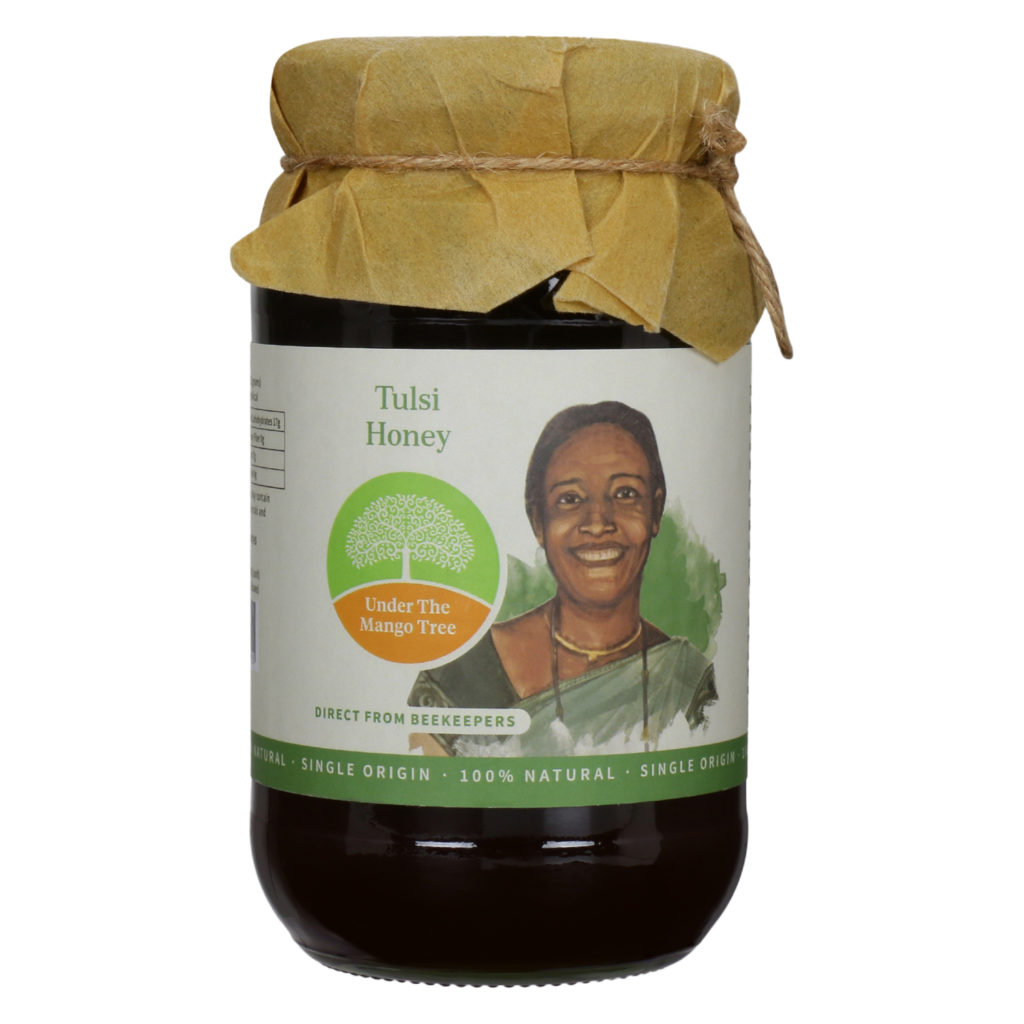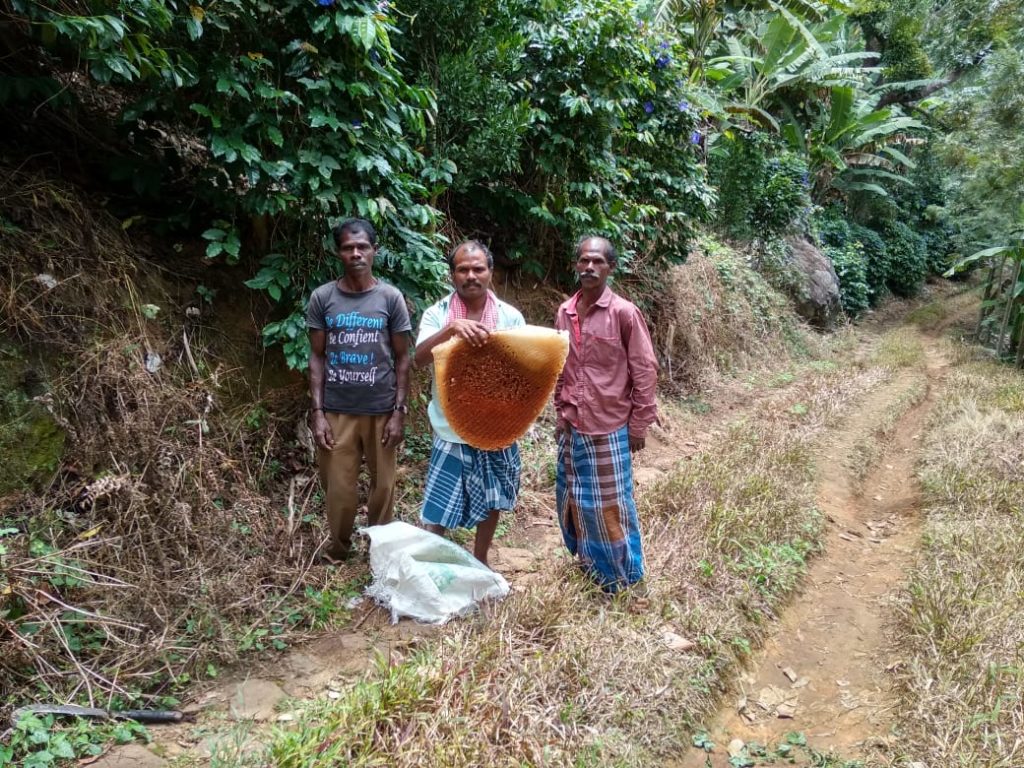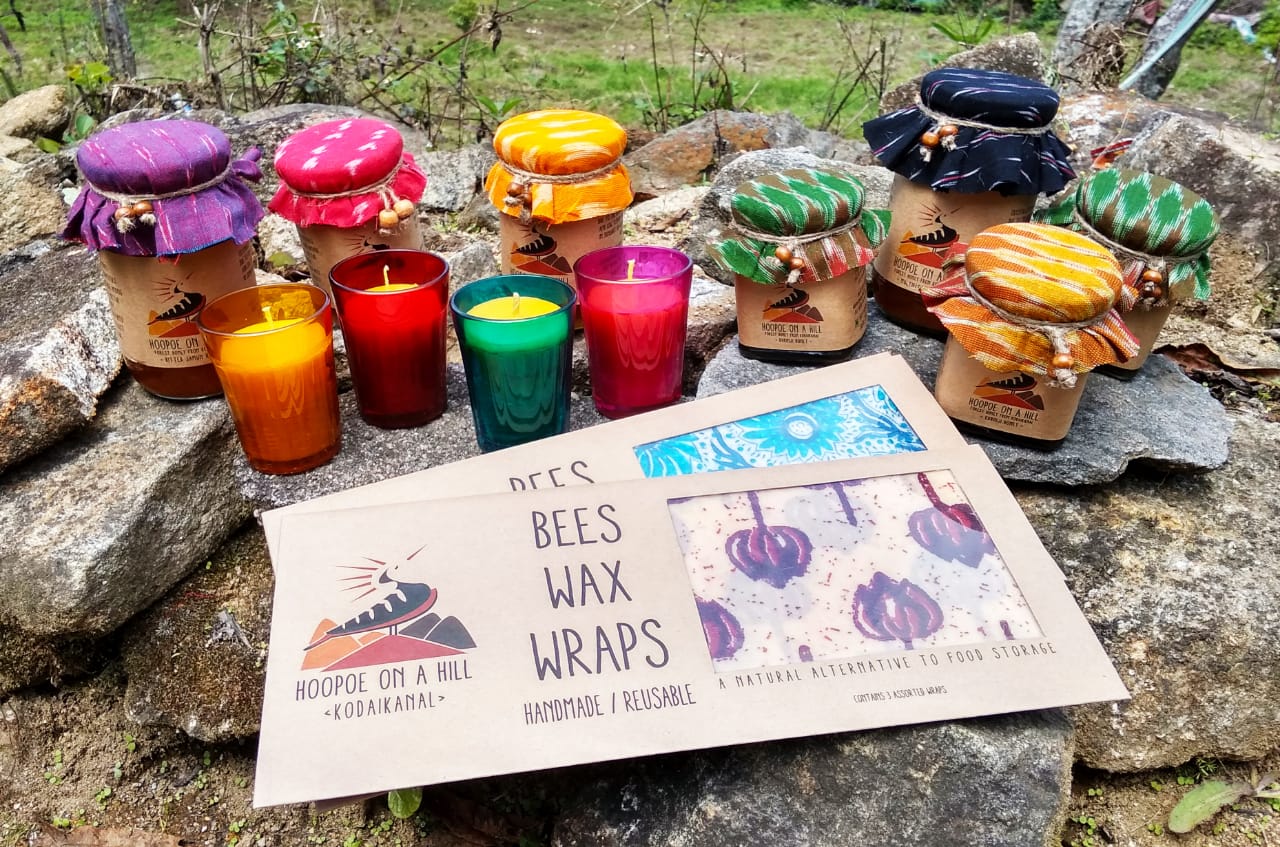If the bee disappeared off the surface of the globe, then man would only have four years of life left ~ Albert Einstein
The common bee may often be met with disdain, but it is an insect that has always been part of my childhood as my school had the motto “be as busy as a bee.” While I was always fascinated with how the bee worked to build its comb and how the queen bee controls the same, it was much later that I understood that this is the only insect the provides food to humans.

The role of bees in pollination can hardly be over emphasised and a colony (about 10000 bees) can pollinate a hectare of land resulting in good agricultural yields. Apart from honey, bees make nectar, beeswax, pollen, propolis and many more products. Therefore, India is now seeing many organisations trying to do their bit.
Under The Mango Tree (UTMT), a social enterprise in Mumbai, India that promotes beekeeping to increase agricultural productivity combines both for profit and not for profit structures. Likewise, Hoopoe on a Hill located at a village near Kodaikanal in Tamil Nadu, is a group of women who work together to bring wild honey gathered by the Paliyans, a tribal community of the Palani Hills in Tamil Nadu to customers across the country.

The Government of India has set up the National Beekeeping Honey Mission for the beekeeping industry through the Khadi and Village Industries Commission and National Bee Board. Senior scientist and assistant director at Pune-based Central Bee Research and Training Institute (CBRTI) Lakshmi Rao conceptualised and launched a floral calendar that show area-wise and region-wise floral distribution to assist farmers and beekeepers across India plan their beekeeping cycles at optimal locations.
Read the full story on Ours To Save here:

